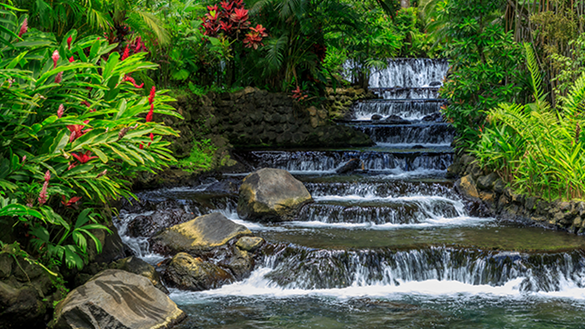Today marks the National Service of Remembrance, which was held at the Cenotaph on Whitehall, in London.
Starting at 11am, the service commemorated the contribution of British and Commonwealth military and civilian servicemen and women involved in the two world wars and later conflicts. Led by the Armed Forces and veterans’ organisations, participants proceeded out onto the Cenotaph, before, at 11:00, a national two-minute silence, marked by the firing of guns from King’s Troop on Horse Guards Parade, saw the Cenotaph Service commence, before concluding, and The Royal British Legion detachments dispersing past the Cenotaph.
With the public welcomed to watch the ceremony from the pavements along Whitehall and Parliament Street, King Charles led the two minutes of silence in remembrance of men and women who lost their lives serving in the two world wars and other conflicts since, as tens of thousands of veterans and civilians joined in paying their respects to the fallen at the annual National Service of Remembrance ceremony at the Cenotaph in central London.
The King was joined by other members of the Royal Family, including the Prince and Princess of Wales, and political leaders as events to mark Remembrance Sunday - observed on the closest Sunday to Armistice Day - took place around the country.
Dressed in the Royal Navy uniform of the Admiral of the Fleet, King Charles laid the first wreath before saluting after stepping back from the Cenotaph. He was followed by Queen Camilla’s equerry, Major Ollie Plunket, who laid a wreath on her behalf as she is currently recovering from a chest infection. Prince William, Prince Edward and Princess Anne then followed, then Prime Minister Sir Keir Starmer and the country's other political leaders.
Kemi Badenoch laid a wreath for the first time, a week after being elected the new leader of the Conservatives. There were also a number of representatives from the new Labour government, including Home Secretary Yvette Cooper and Foreign Secretary David Lammy.
The Princess of Wales watched on from the balcony of the Foreign Office, as is usual, alongside the Duchess of Edinburgh. The weekend's Remembrance events are among the first official appearances for Catherine following her recent cancer treatment.
Also watching from balconies were Green Party co-leader Carla Denyer and Reform UK leader Nigel Farage. Members of the armed forces, including veterans of World War Two, then laid their wreaths, before commencing a march down Whitehall which took more than an hour to complete.
The thousands-strong group, representing 326 different armed forces and civilian organisations, marched past the Cenotaph. Each group had a wreath that was handed over to join those that had already been placed.
The day's commemoration had officially started at 11:00, when Big Ben chimed to signal the start of the two-minute silence. It was ended by the sound of a cannon blasting from Horse Guards Parade, followed by a bugler playing the Last Post.
101-year-year-old Joe Randall said: "Your mind goes back a bit as well, memories and talking to the old chaps like ourselves.
“It's been a wonderful day." But most of the ex-servicemen and ex-service women at the ceremony were veterans of more recent conflicts.
Iraq war veteran Karl Hinnett, who suffered severe burn injuries when his vehicle was set alight, said: "Marching at the Cenotaph, it’s a really important moment to appreciate where we've come from and what we've gone through."
Falklands bomb specialist veteran John Phillips, who lost an arm in a blast, said he thinks about a colleague who did not survive the explosion. “Many of the veterans will tell you it's very important that these people are remembered forever, and their stories will be told forever," he said.
The march past featured veterans in their military association groups alongside charities and civilian organisations. And among them were 50 young people wearing the yellow and black scarves of Scotty’s Little Soldiers, a charity supporting the children of fallen service people.
Services were held in almost every town and city across the UK - with some of the biggest gatherings in Belfast, Edinburgh, Cardiff, Plymouth, Liverpool and Manchester. The King, Prince William, Catherine – who is gradually returning to public duties following her cancer treatment - and other senior royals also attended the Festival of Remembrance event at the Royal Albert Hall on Saturday night.
The King, who has also been treated for cancer, received a standing ovation from the audience when he arrived. The concert and the service at the Cenotaph are among the most important events on the royal calendar.
Events come the day before Armistice Day, which marks the moment World War One ended, at 11:00 on the 11th day of the 11th month, in 1918, with Remembrance events due to take place on Monday across UK and allied nations.
As on Remembrance Sunday, Armistice Day will also see two minutes of silence as the clock strikes 11:00 in each country.











